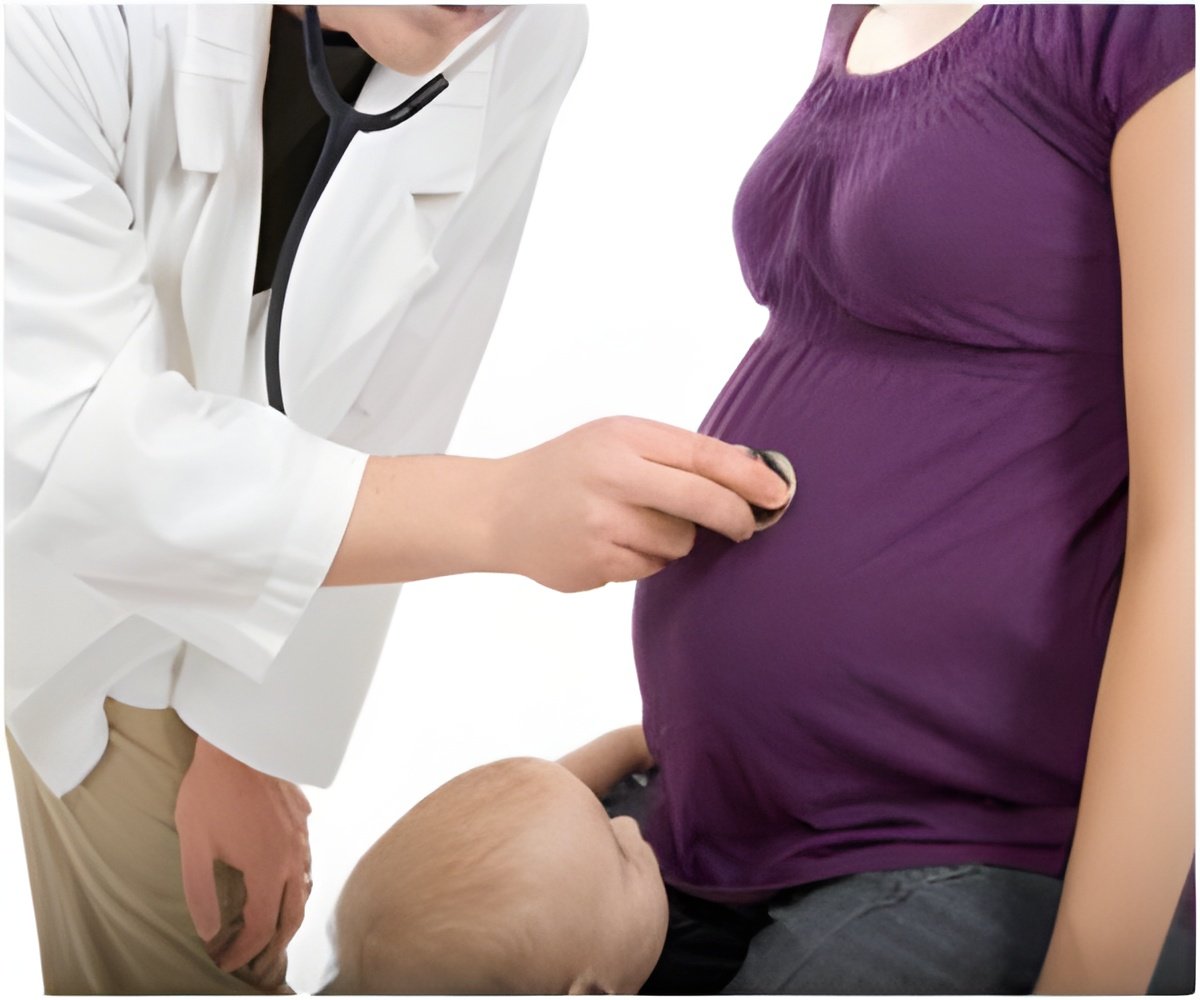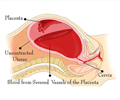Reductions in government healthcare spending are associated with increased maternal mortality rates in the EU.
Reductions in government healthcare spending (GHS) are associated with increased maternal mortality rates across the European Union (EU). However, the association disappears if skilled birth attendants are in place, thus highlighting the potential importance of maternal care, suggests the research.
GHS is the total expenditure on health care by the government measured as a percentage of gross domestic product (GDP). Maternal mortality is defined as the death of a woman during pregnancy, childbirth, or within 42 days of delivery due to direct obstetric causes. Data on maternal mortality for 24 EU countries from the World Health Organization (WHO) database was studied to look at the association between reductions in GHS and maternal mortality across the EU over a 30 year period from 1981 to 2010. The study found that for every 1% decrease in GHS, EU countries experienced an average 10.6% annual increase in maternal mortality.
According to Professor Thomas Zeltner, University of Bern, Switzerland, Special Envoy for Financing to the Director General of the World Health Organization and co-author of the paper; this association could be due to reductions in the number of births attended by skilled health professionals.
The study paper is published today in BJOG: An International Journal of Obstetrics and Gynaecology.
Source-Medindia

 MEDINDIA
MEDINDIA




 Email
Email








